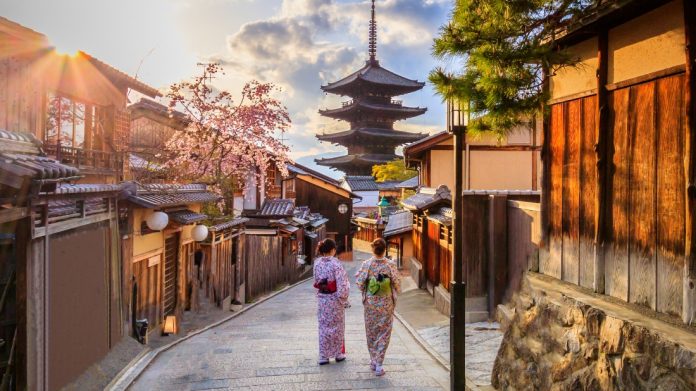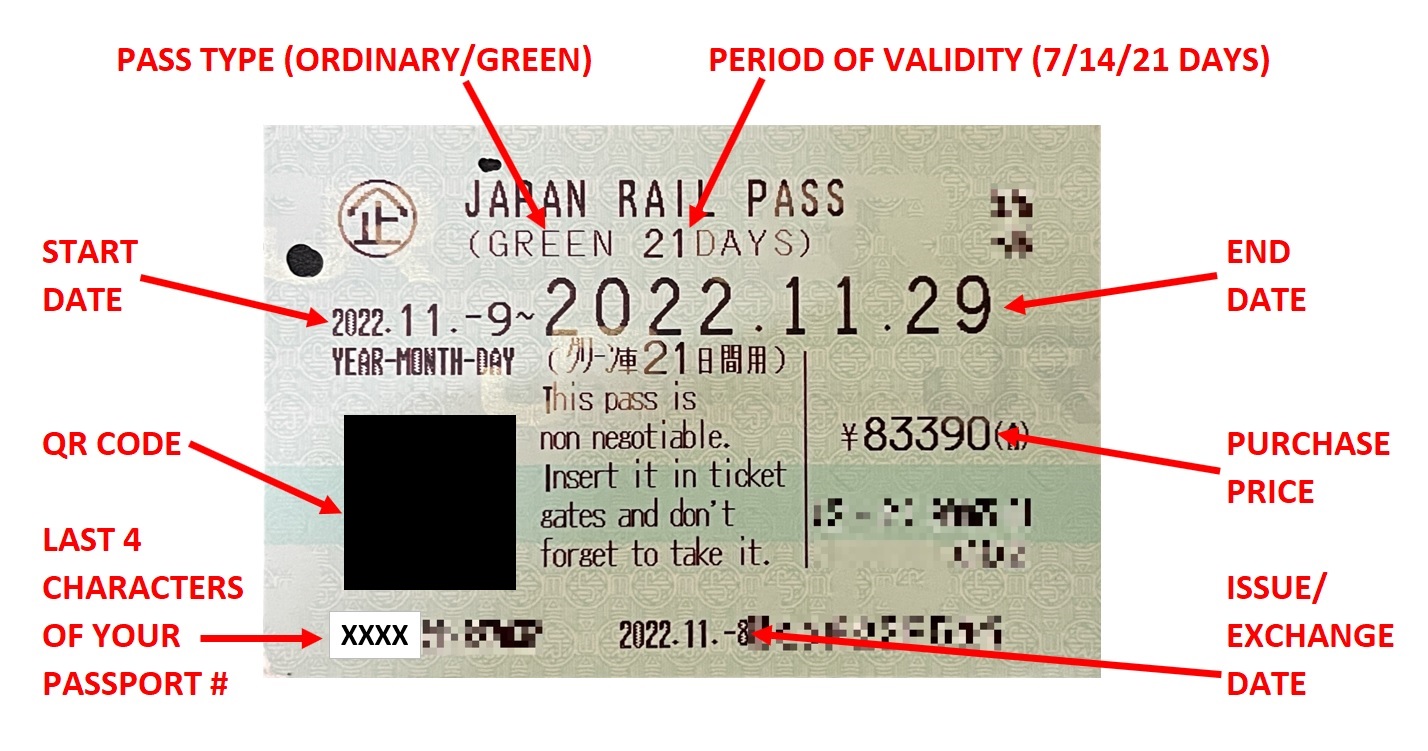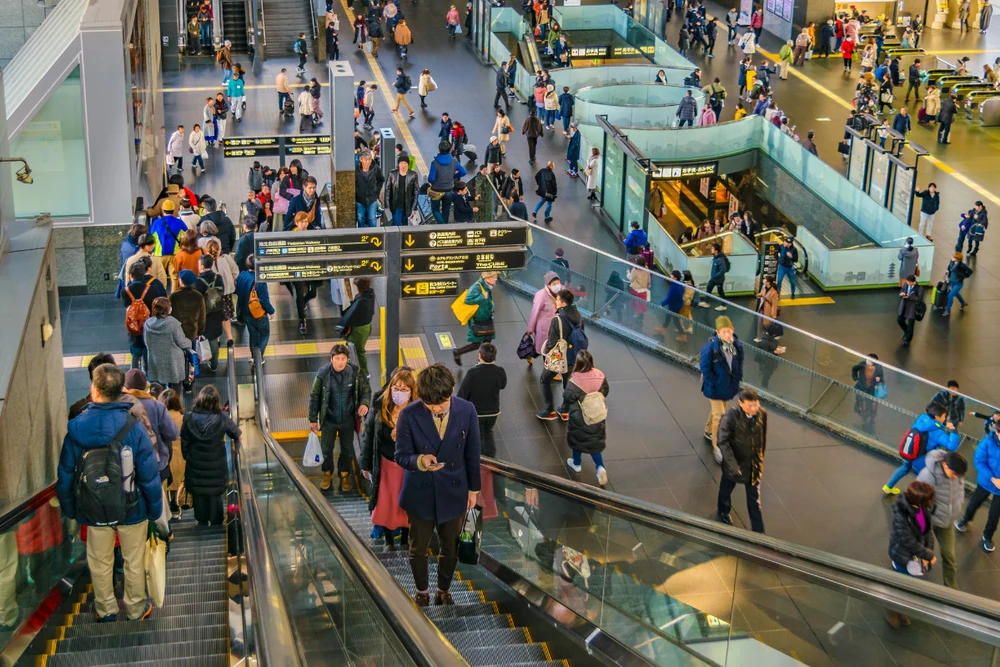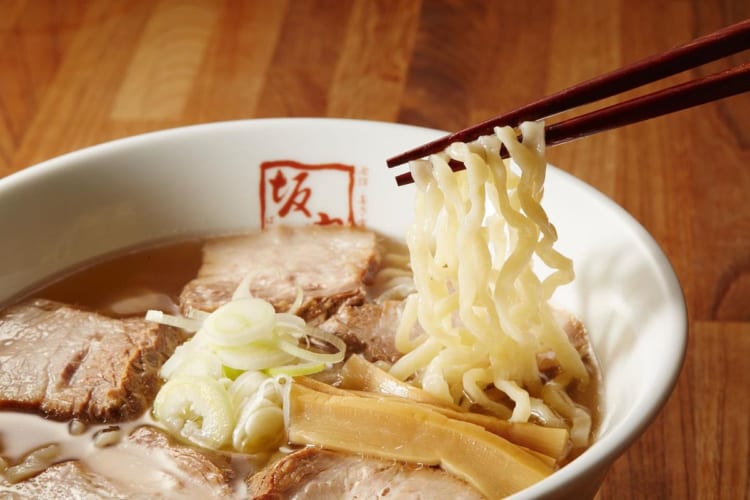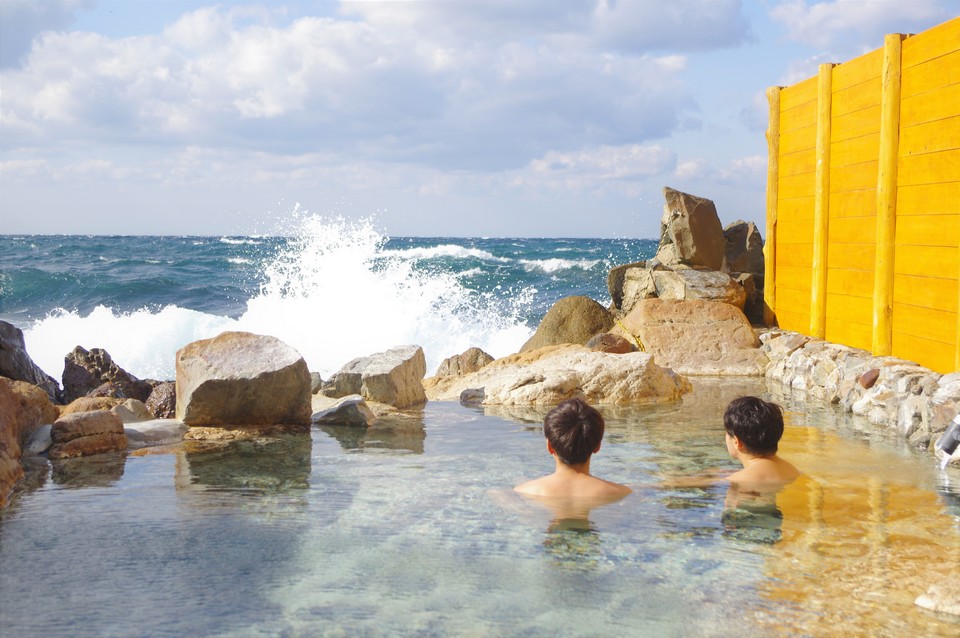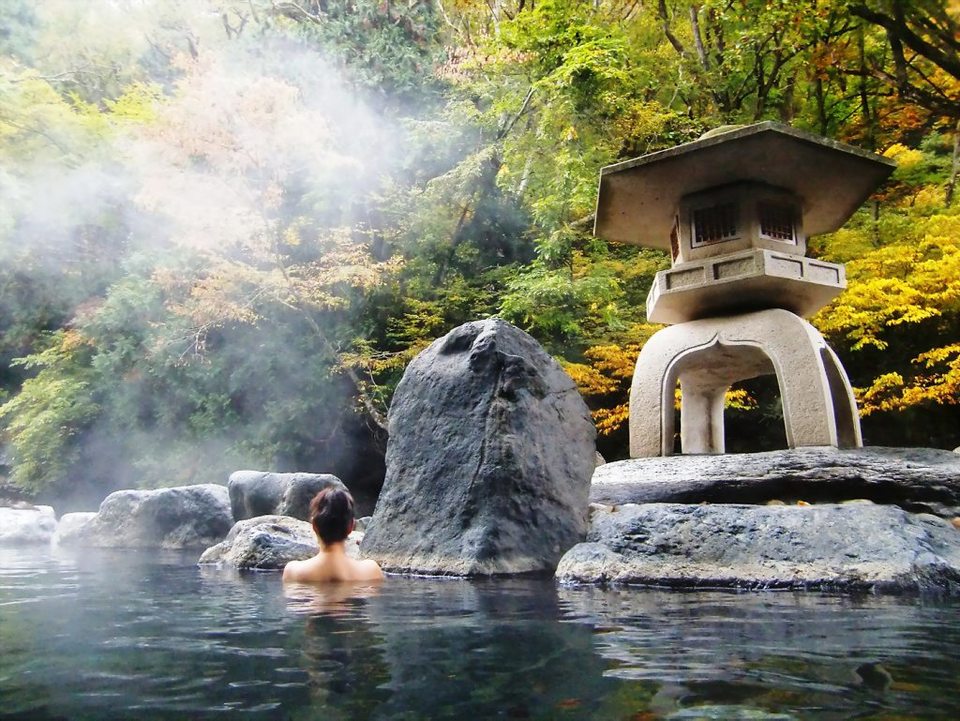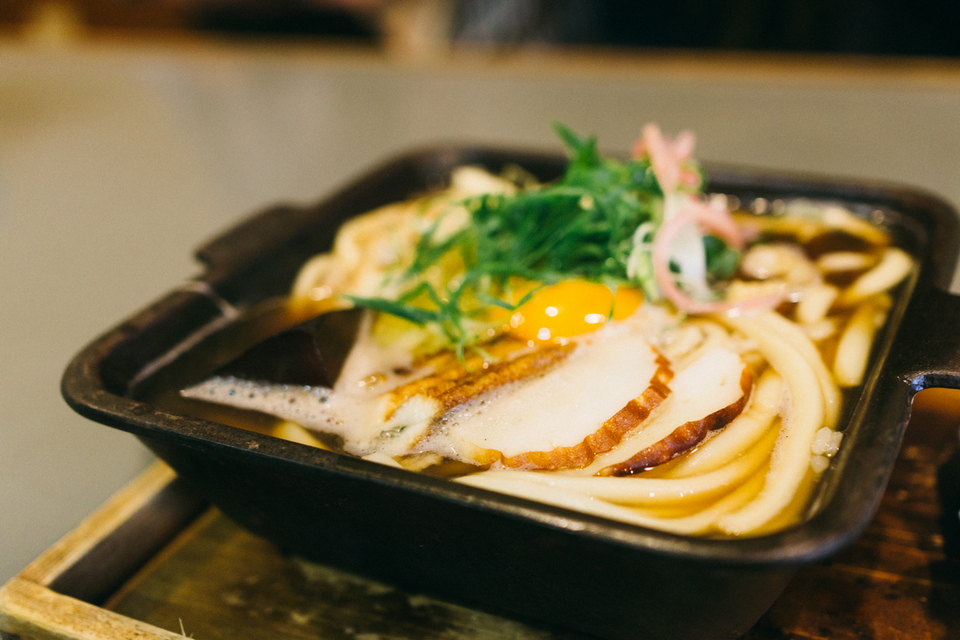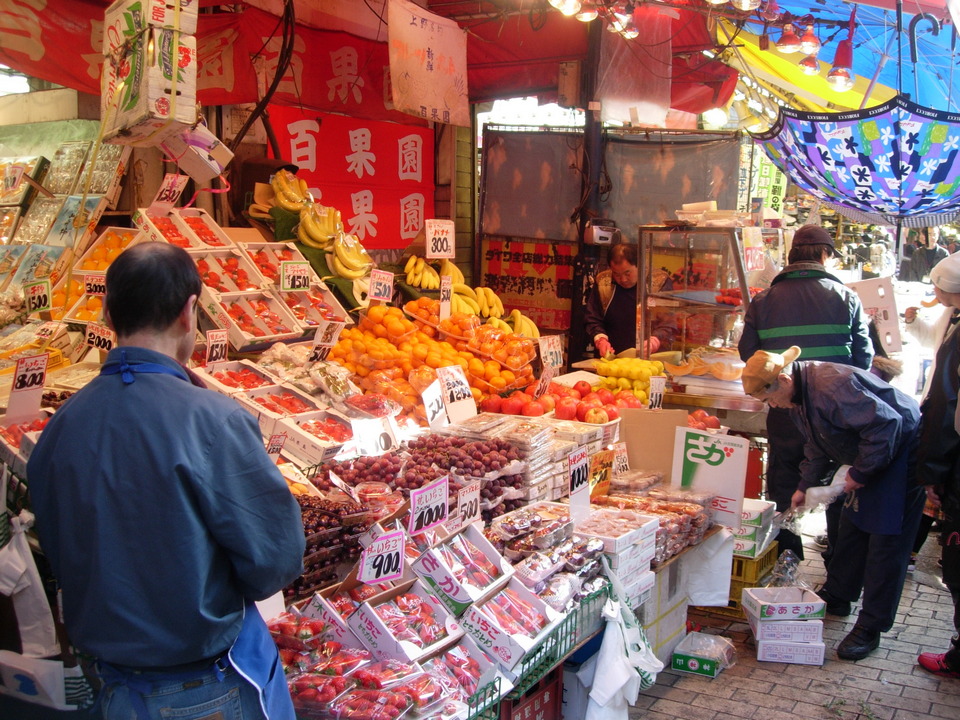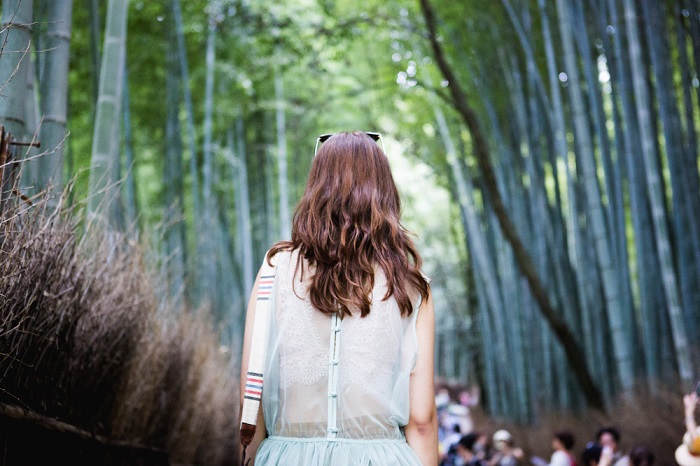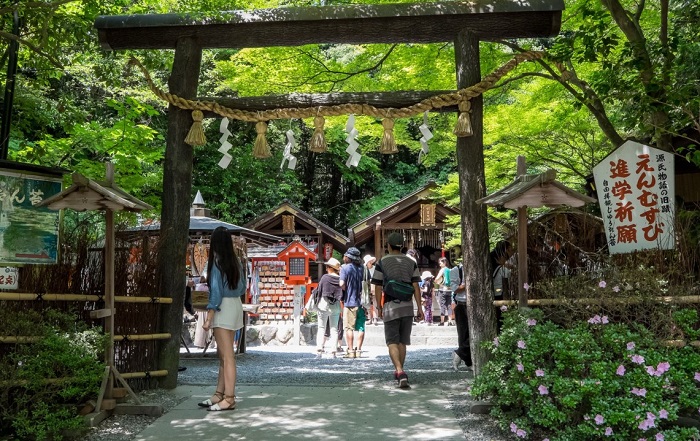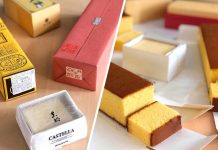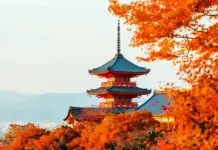Undress when bathing Onsen, chew noisily while enjoying delicious pasta dishes, choose Haneda Airport because it is near Tokyo than other airports… are the things travelers should keep in mind when coming to “the land of rising sun”. Now, let’s check out 12+ best things to know before going to Japan in this article!
- Japan is not perfect at all: 20 things which foreigners find uncomfortable in this country
- Numbers to call in emergency situations in Japan
- 13 Japanese etiquettes for travelers you should know
- The ULTIMATE Uji travel guide: Top attractions, best things to do in Uji Kyoto, Tips & MORE
- Kyoto itinerary 5 days: How to spend 5 days in kyoto perfectly?

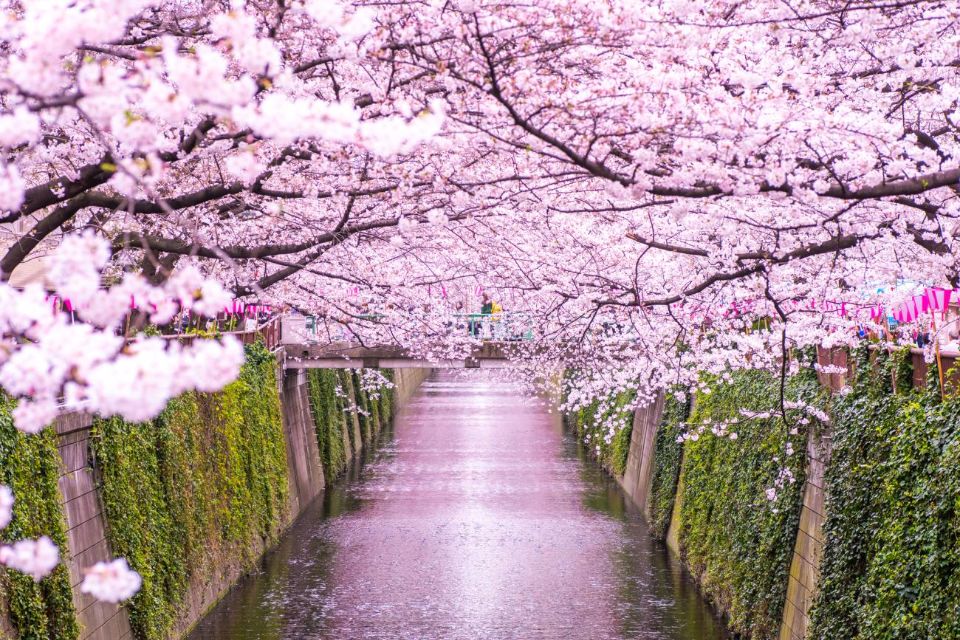


1. You should carry as much cash as possible
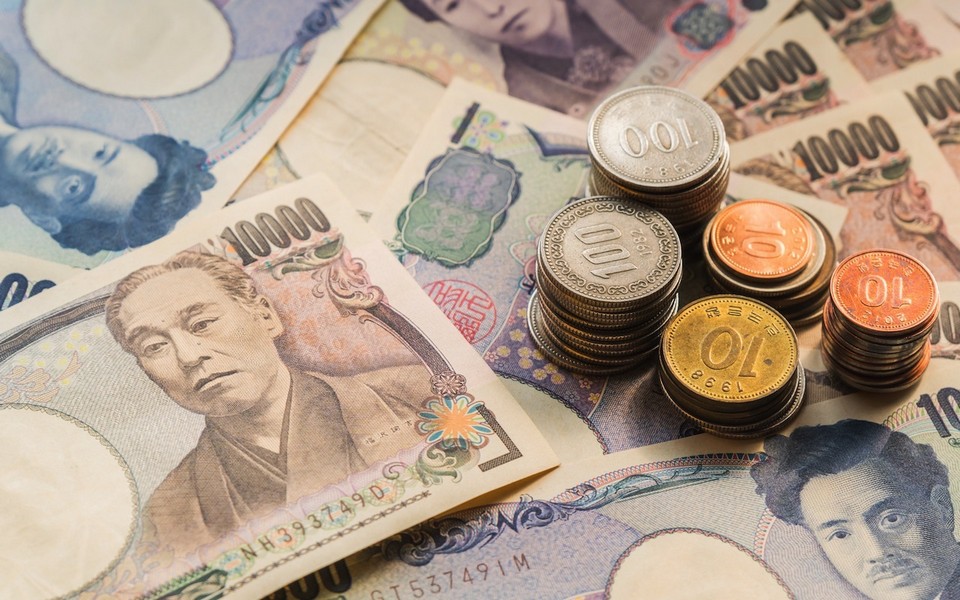
Using cash in Japan is fairly common, so you might be in trouble when some places do not accept credit cards, especially in small towns. You usually have to pay cash at restaurants, bars, markets and tourist areas. In fact, bring plenty of cash is not in danger, because this country is quite safe.
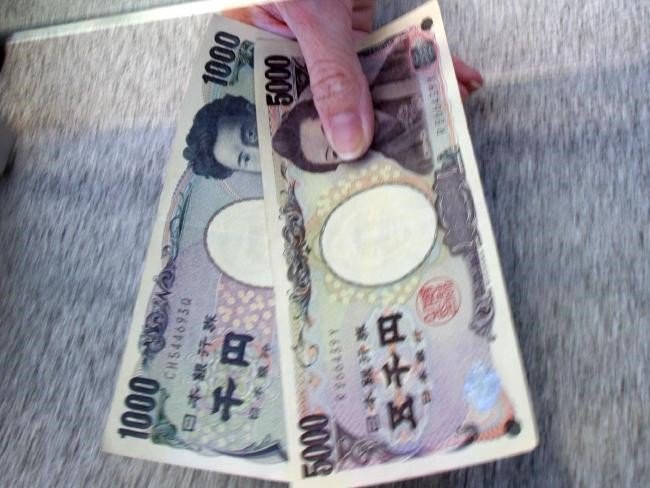
2. You should buy Japan Rail Pass card in advance
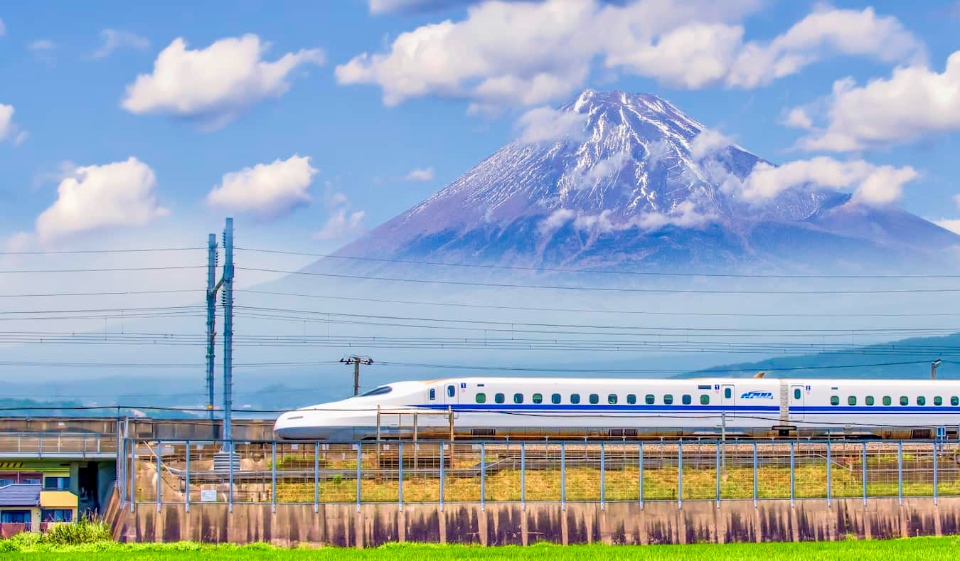
Buy JR Pass whether you stay in Japan one or two weeks. The card will let you travel freely around Japan by Shinkansen express train, local trains, buses and even ferries of JR.
You can buy online through Japan Travel Centre website and activate the card while in Japan, remember to bring your passport. This card usually is sold in the Japanese travel agent.
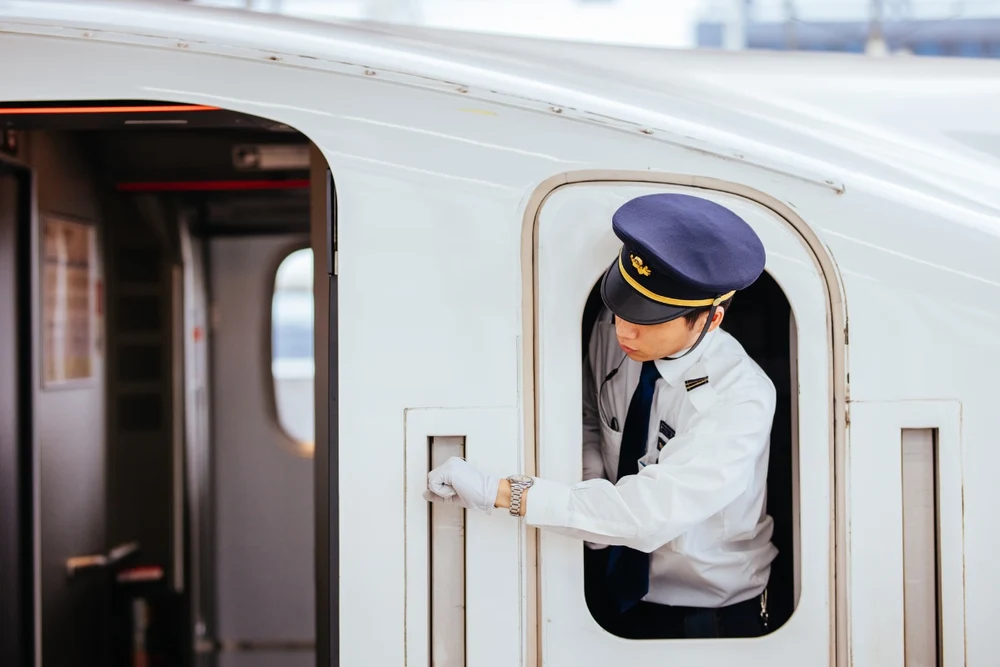
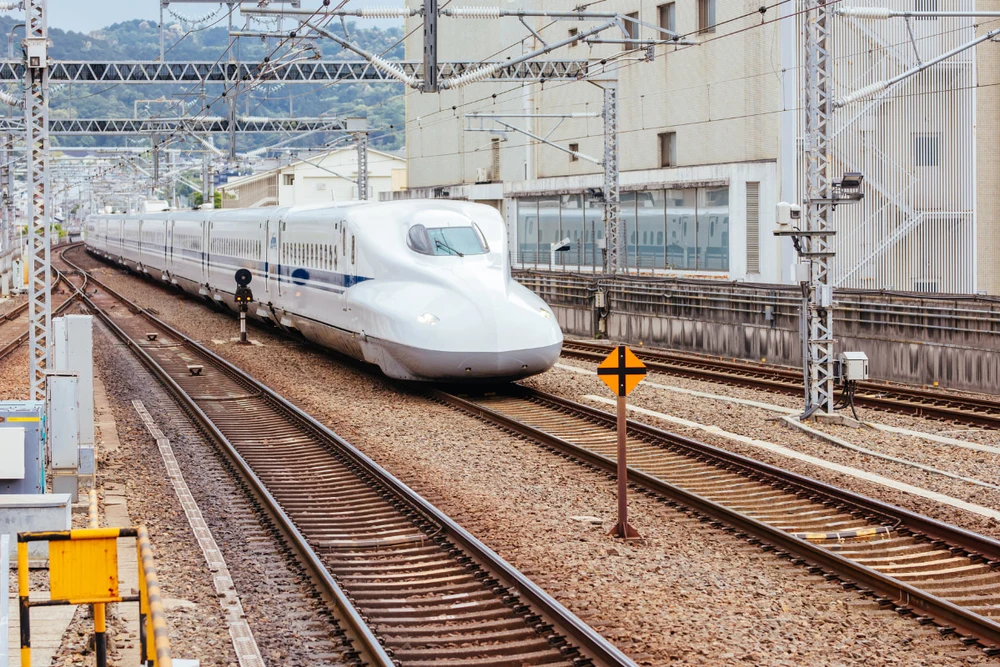
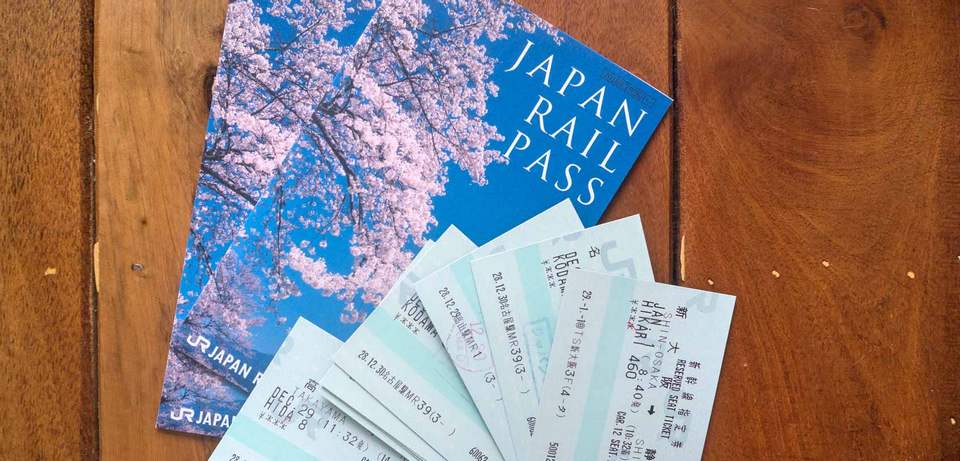
3. Japanese wear surgical masks
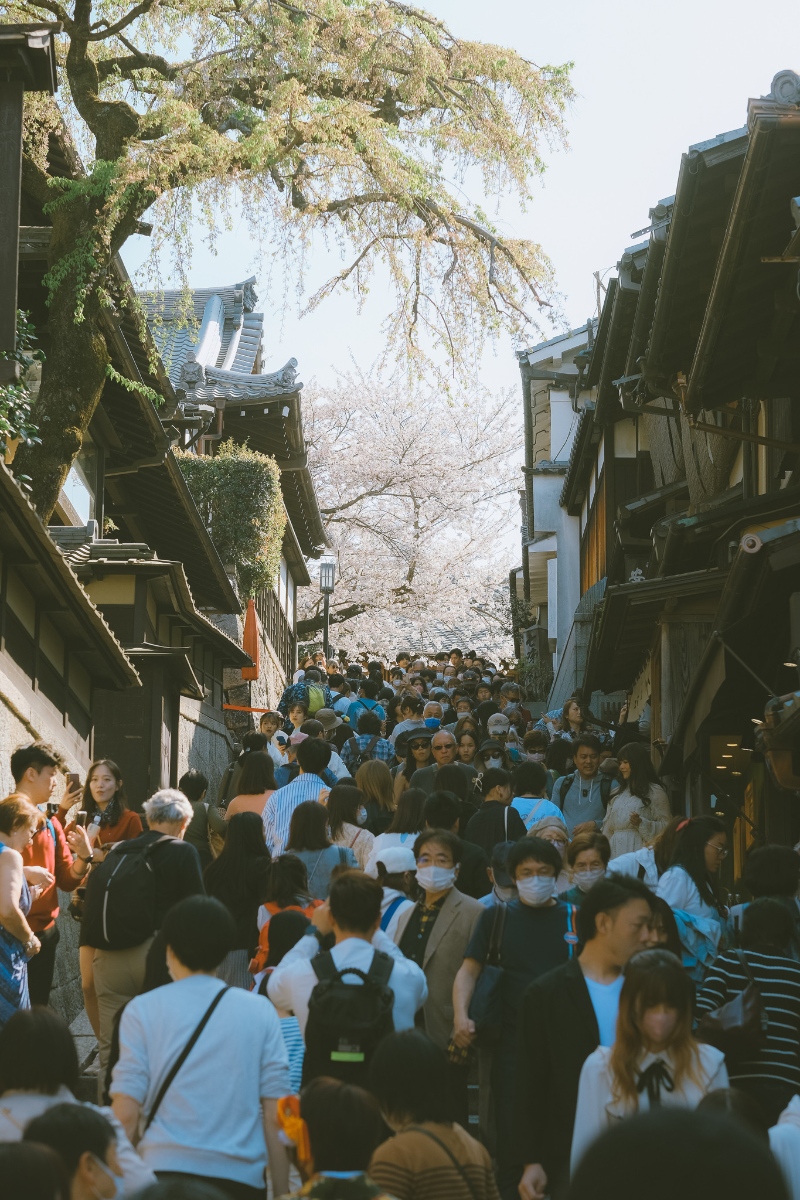
When going out of the hotel in the morning, you will see a lot of people wearing masks. At the convenience store, you’ll find stalls full of Vitamin C supplement. If you get sick in Japan, please respect the culture here and wear a mask instead of coughing and sneezing on public transports.

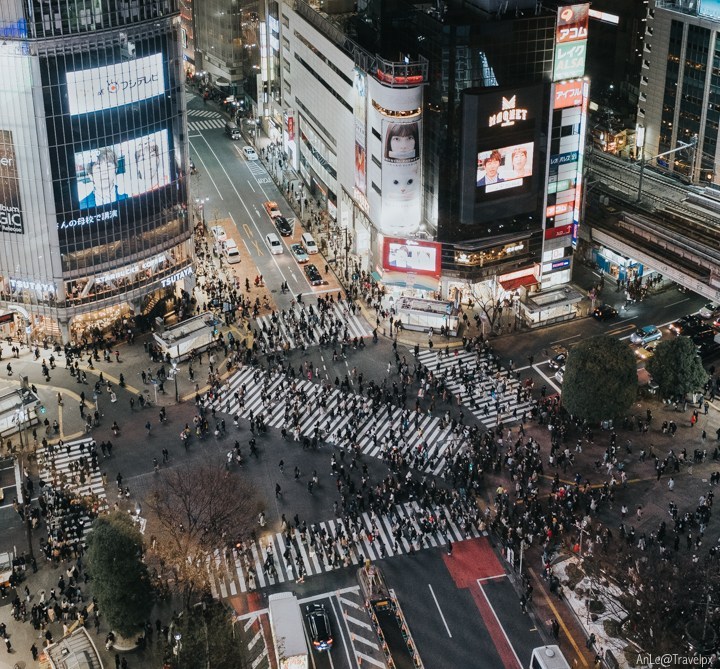
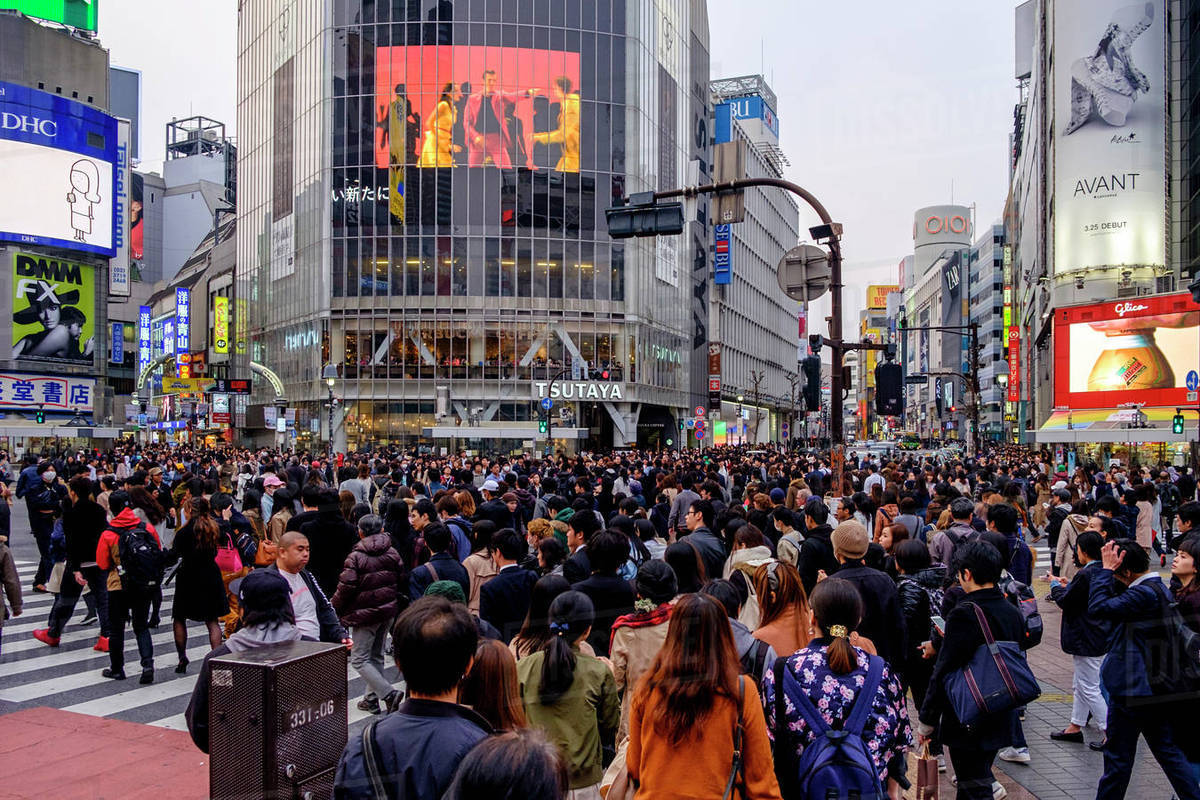
4. Chew noisily
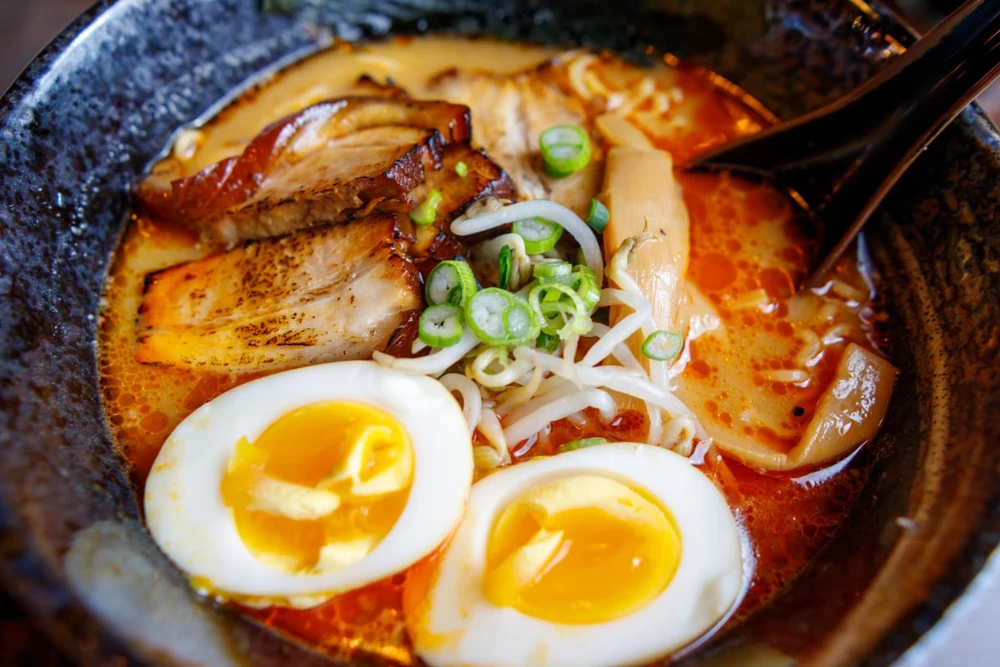
When you come to ramen eateries, you will find eateries full of customers inside with the huge ramen bowls, chew noisily, and eat very fast. In Japan, this is a sign that you are very like the food, and the more you make noise, the tastier this dish is. So forget about the rigid diet rules, and enjoy freely the noodle of “the land of the rising sun”.
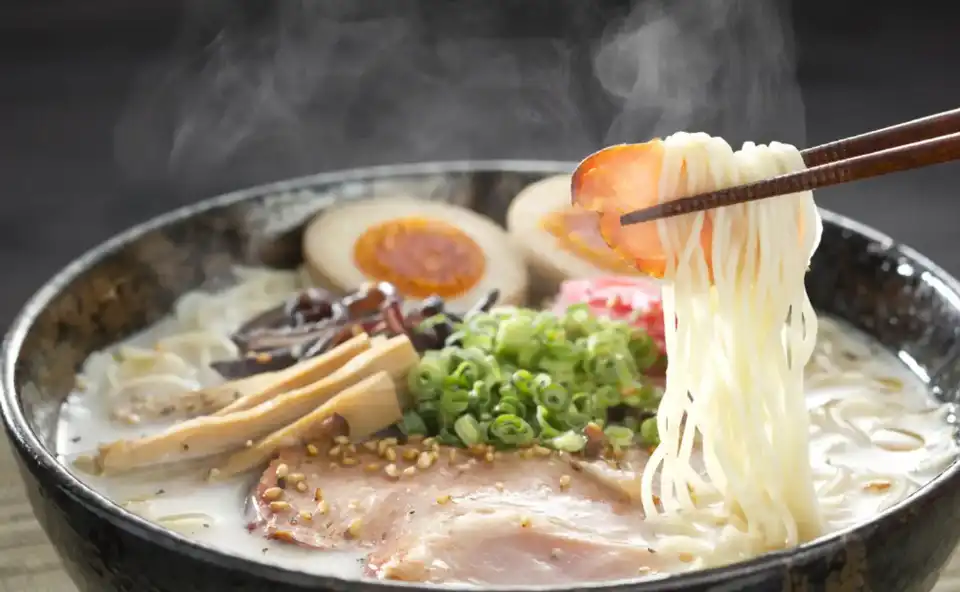
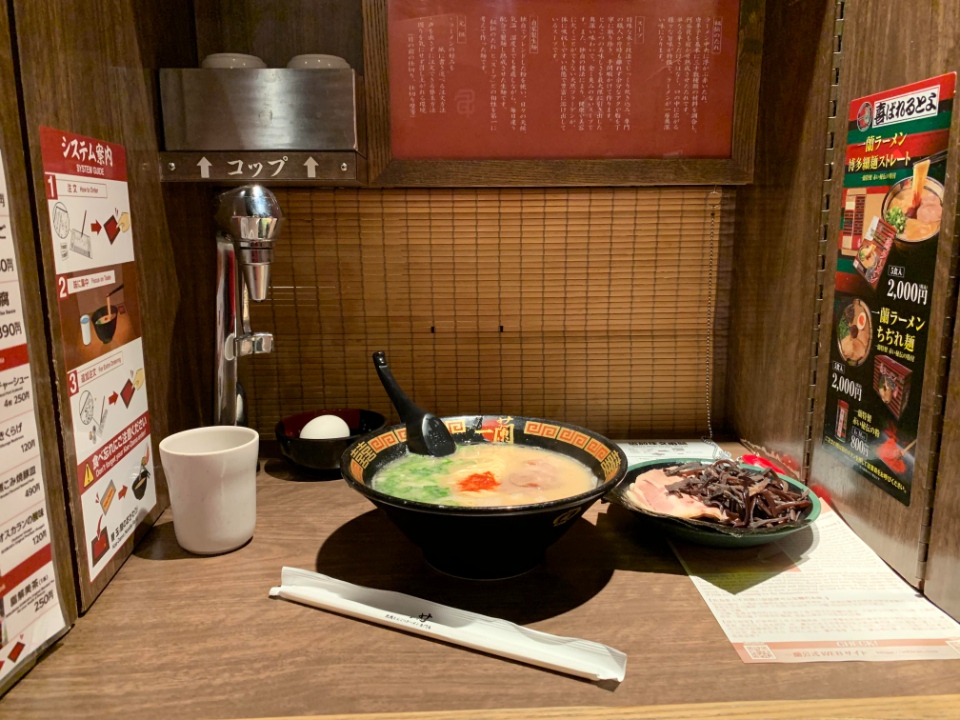
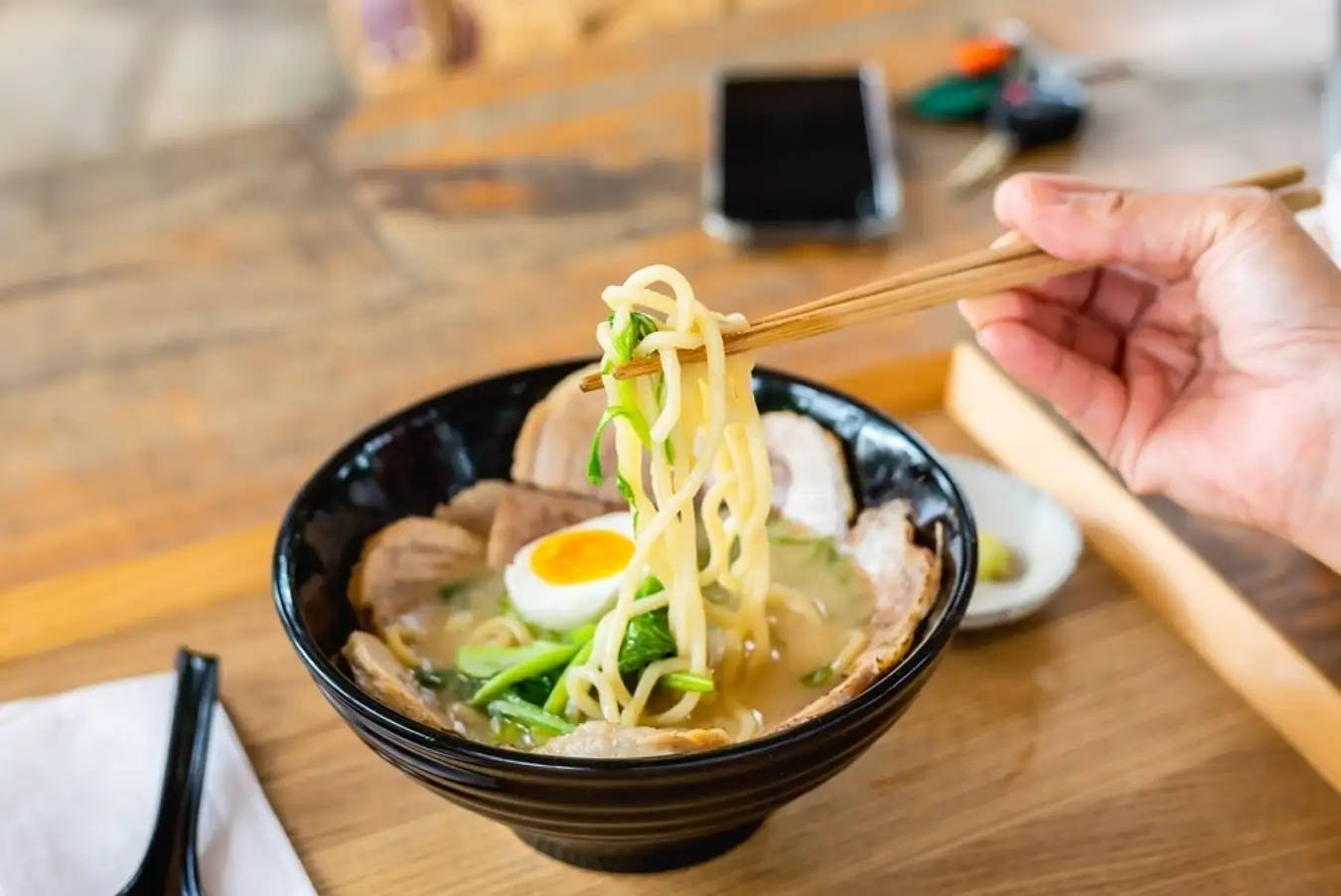
5. Leave shoes outside the door
This is a routine in Japan before entering the room, restaurants, bars, especially at home.
At the entrance, you can see the pair of slippers to be in place for visitors. These slippers can be used everywhere in the home, except for rooms with tatami.
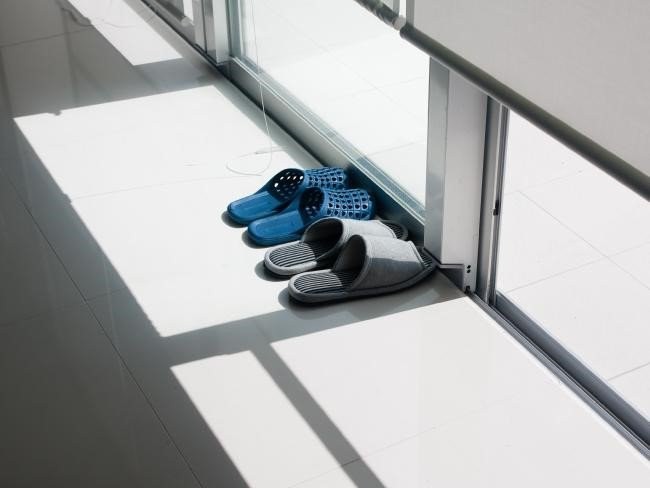
6. Being naked
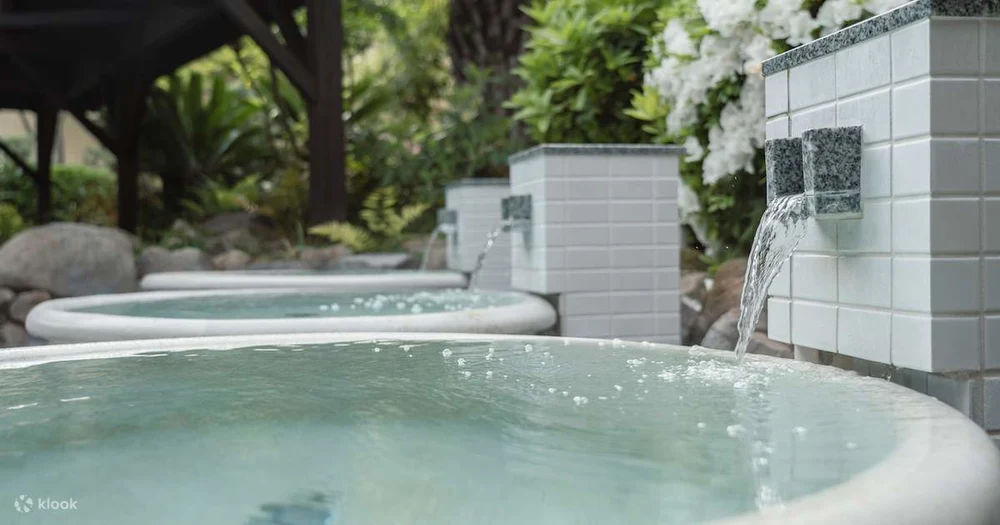
This is the rule applied when bathing in the hot springs, also called onsen in Japan.
The only thing you should bring is a small towel, you can leave the towel on the head when bathing.

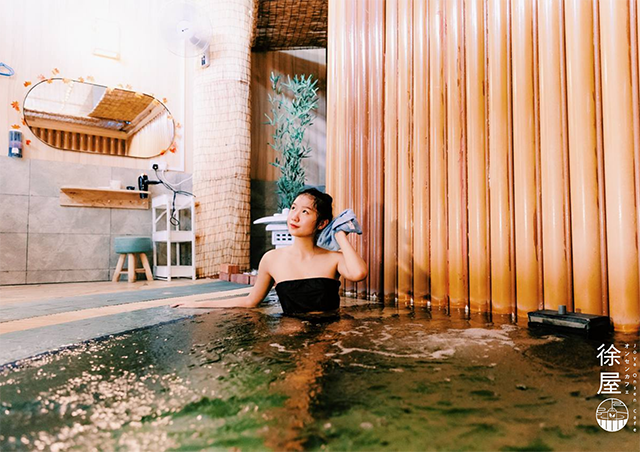
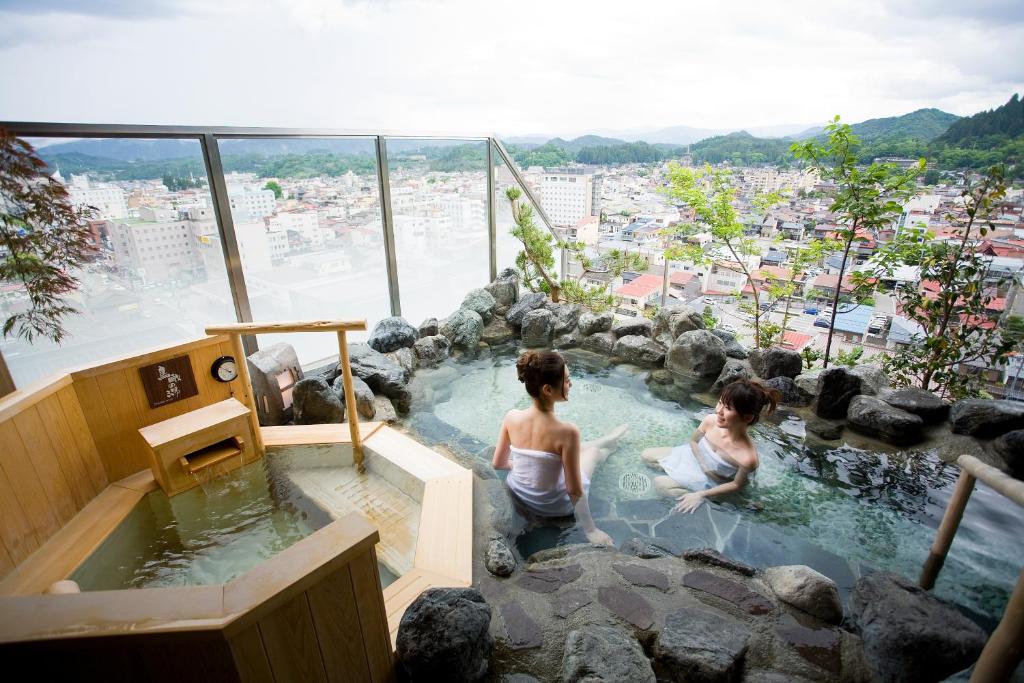

7. Japan specialties are not only sushi and sashimi

You will have a chance to enjoy a lot of specialties. In Dotonbori City, Osaka, people sell a lot of dishes like Takoyaki octopus, nippers of crabs and fried Gyoza ravioli soup.
In Hiroshima, you should try Okonomiyaki, a kind of pancake made from cabbage, yakisoba noodle, bacon, eggs and a delicious sauce.
Yakitori is the chicken skewer sold in the streets of Tokyo. Ichijoji is famous for ramen in Kyoto.
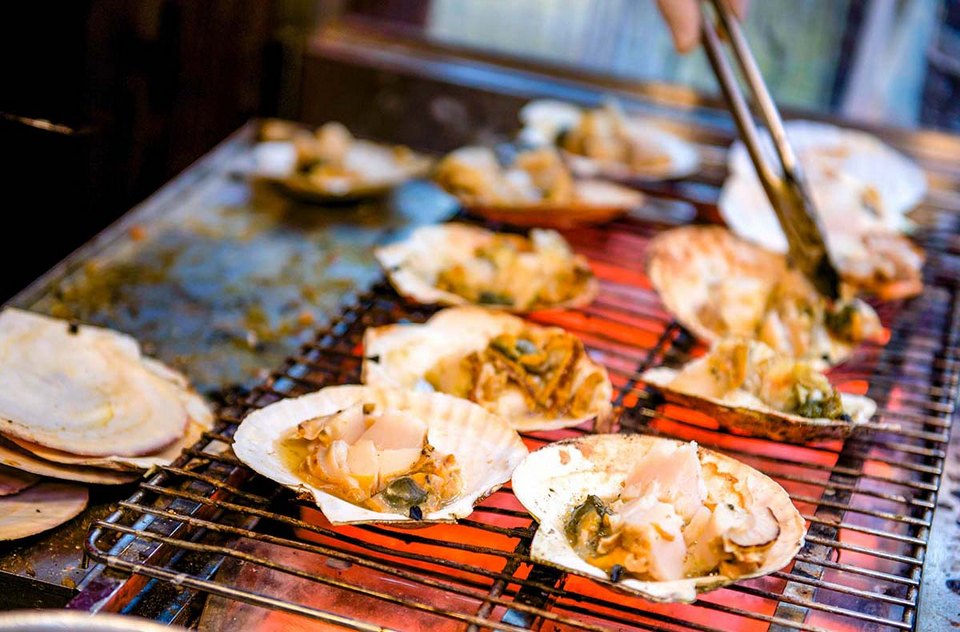
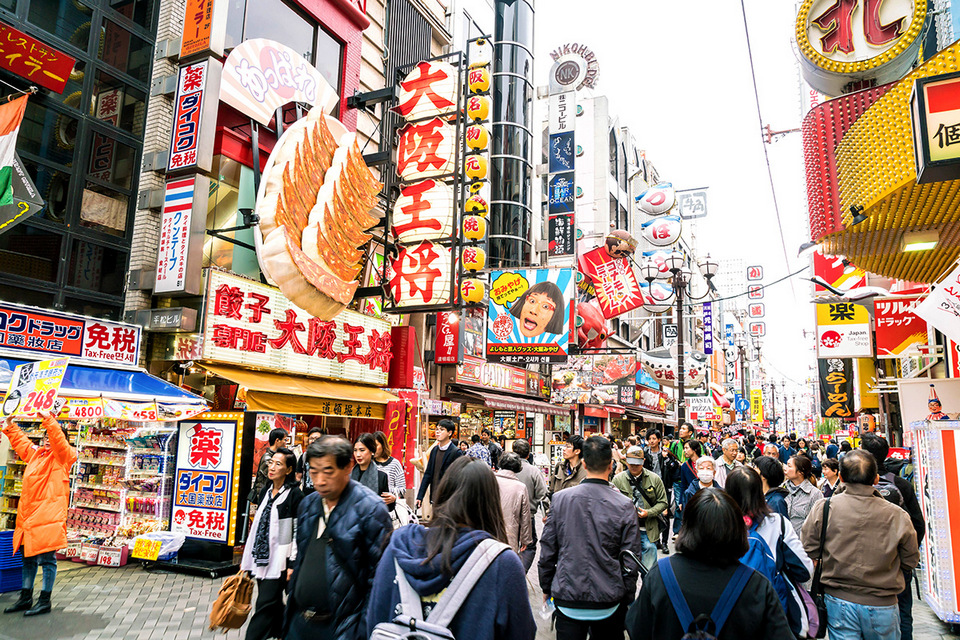
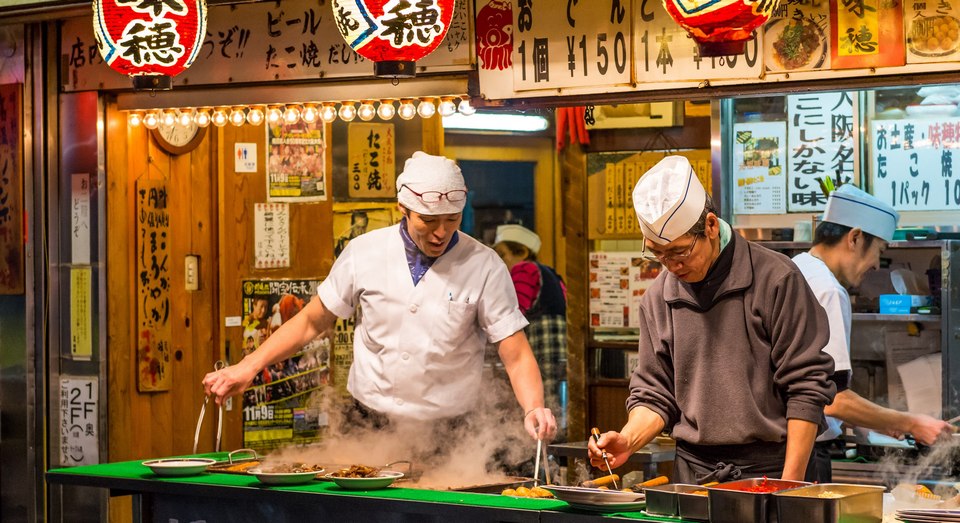
8. You can buy almost everything in vending machines
From hot coffee, instant noodles, umbrellas from caps for cats … you can find in vending machines.

9. Never tip in Japan
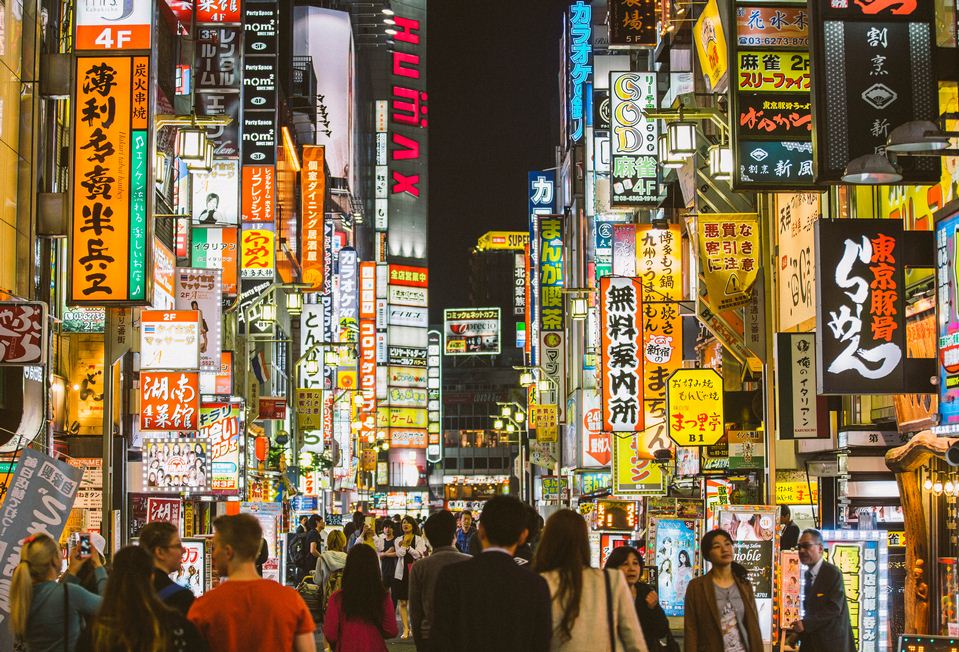
The tip is considered an indecent act, so do not be surprised when the cab driver refuses your tip. In Japanese culture, when you put more money means you’d say they need to improve their service quality.
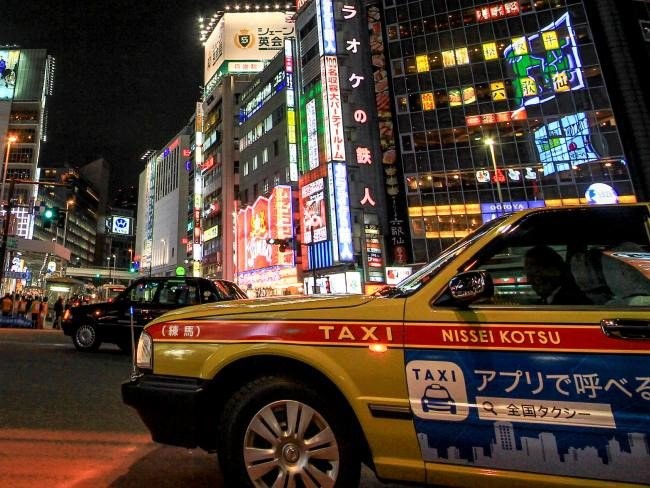
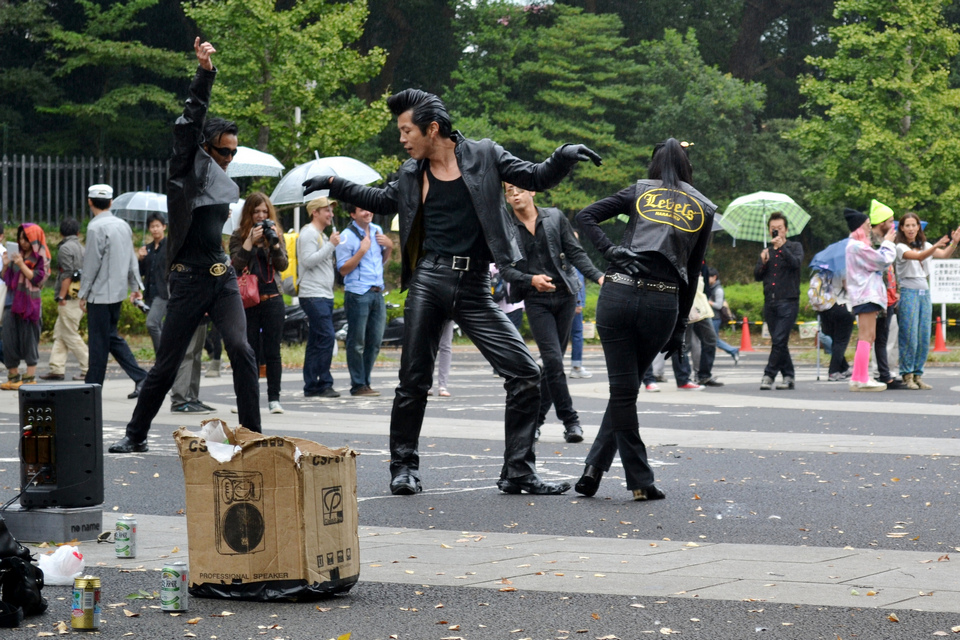
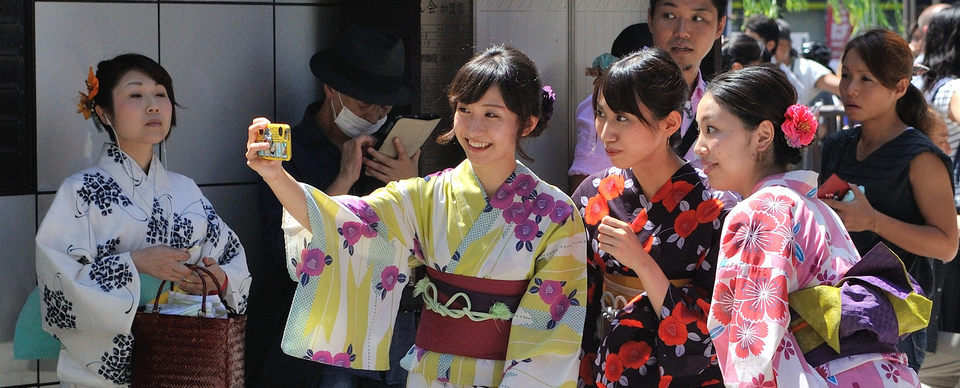
10. Do not litter
The Japanese consider walking while eating is rude. You should also carry bags, dispose in bags and do not litter.
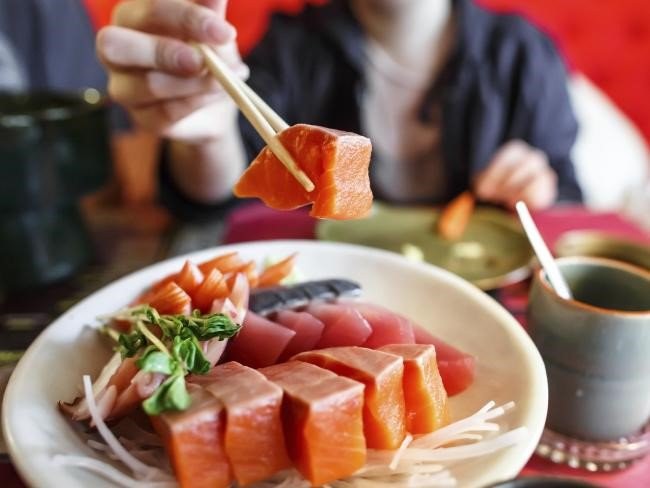
11. You should fly to Haneda Airport instead of Narita Airport
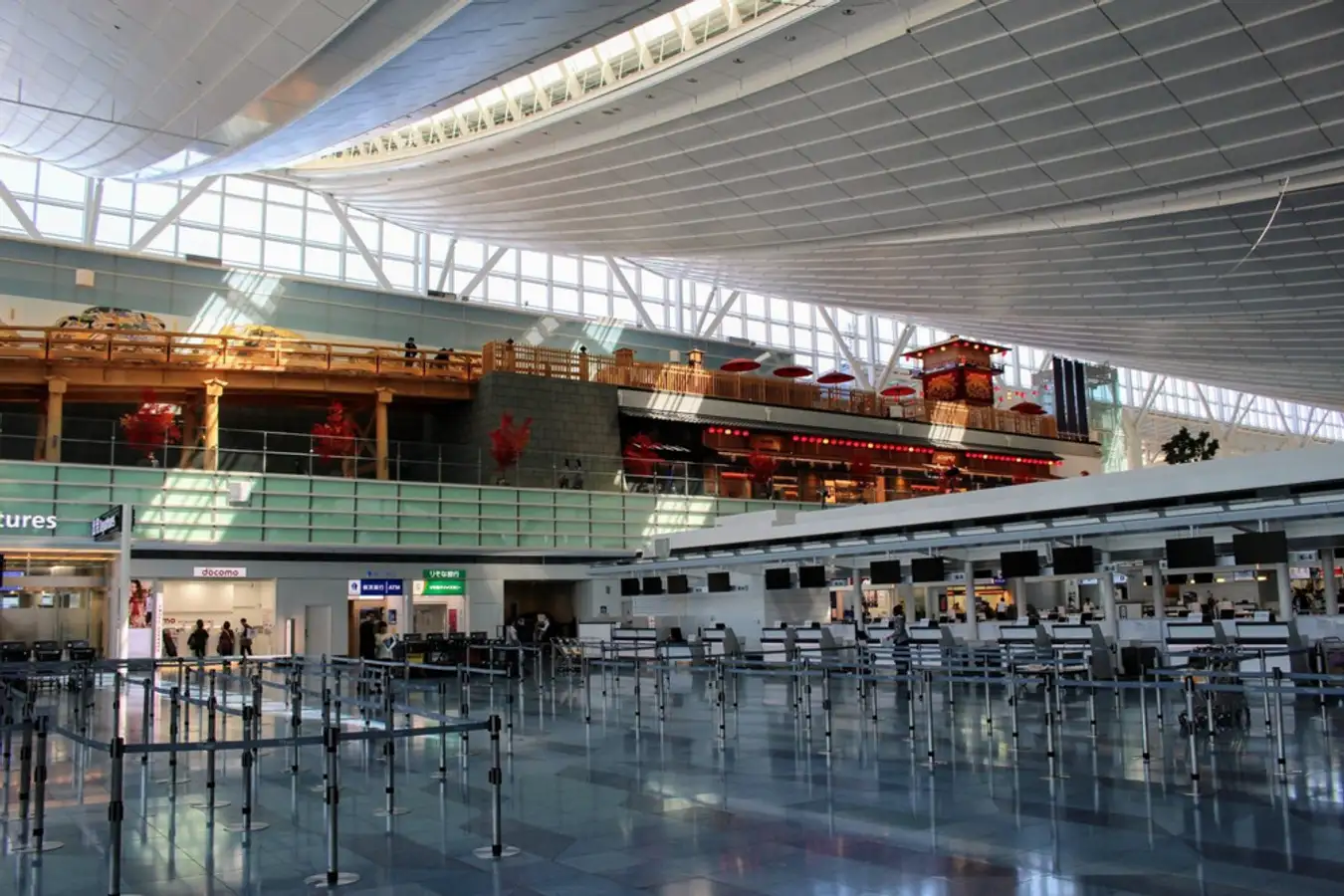
Haneda Airport is more convenient for travelers than Narita Airport, because the distance from there to Tokyo is closer. A train from Haneda to Tokyo takes about 28 minutes, costs 580 yen while the train from Narita Airport will take 58 minutes with the price of 2,600 yen.
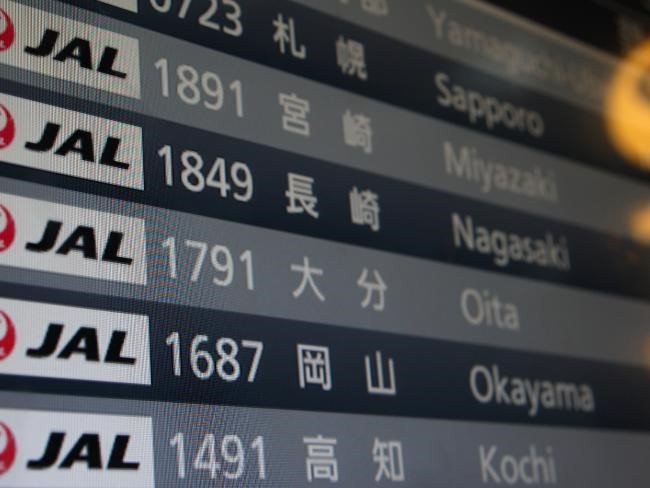
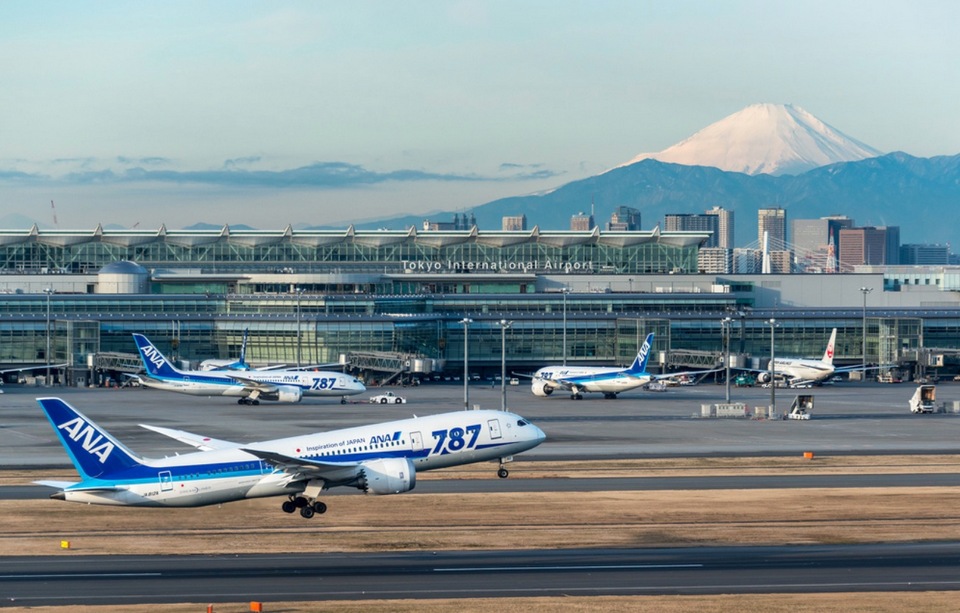
12. You should learn a few words in Japanese

Japan is very convenient and easy to travel, but you will find a lot easier if you know a few basic Japanese, such as: sumimasen: “Sorry” (sue-me-mah -sen), Arigatou: “Thank you”(ah-ree-gah-toeoo), konichiwa: “Hello” (Kohn – nee-chee-wah), Hai: “Yes” (hye), Oishi: “Delicious” (oh-ee-Shee Poon).
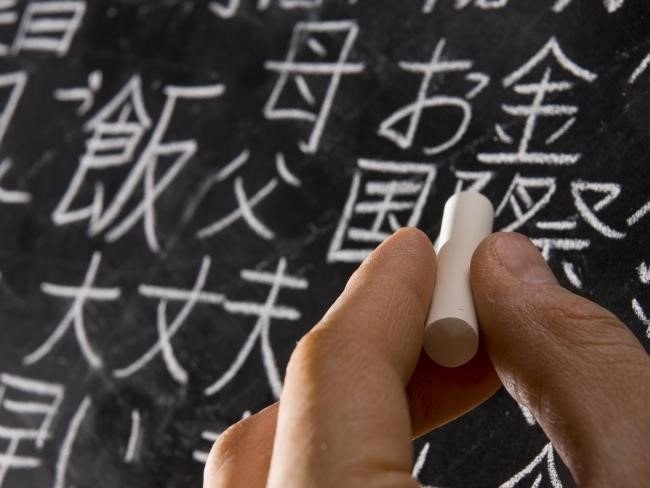

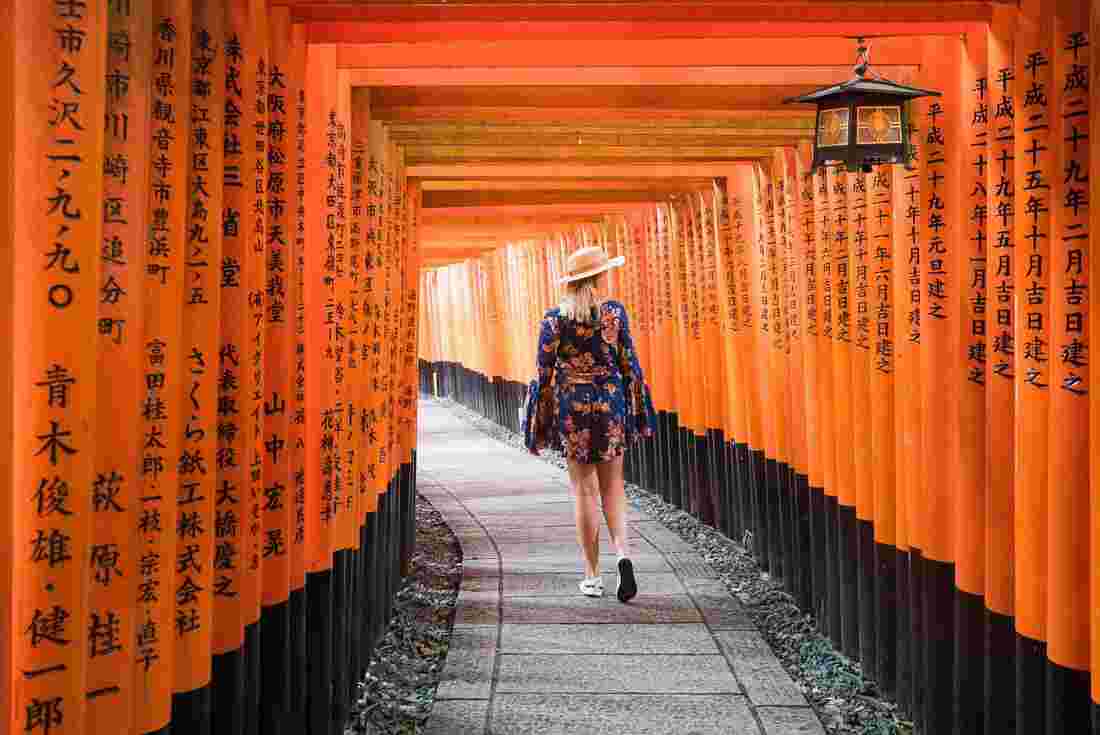
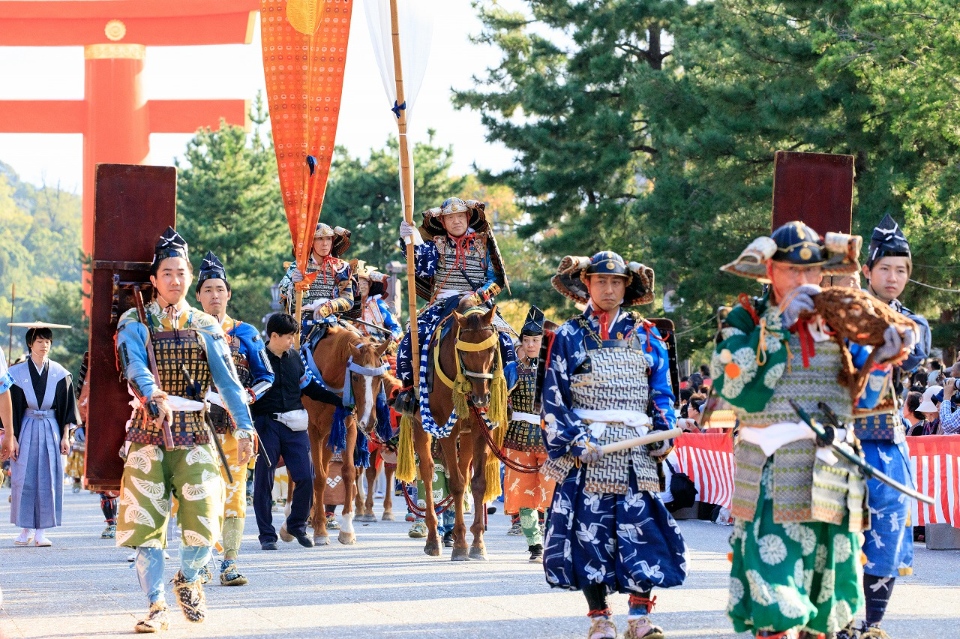
Some best day tours, trips, activities and transfer services, tickets in, to and from Tokyo you can refer to
- Private Narita International Airport Transfers (NRT) for Tokyo 23 Wards, Hakone, or Karuizawa
- Private Haneda International Airport Transfers (HND) for Tokyo 23 Wards, Hakone, or Karuizawa
- Airport Limousine Bus Transfers from/to Narita and Haneda International Airport (Free Wifi Onboard)
- Tokyo Amazing Sightseeing Bus Day Tour
- Tokyo Highlights Private Day Tour
- Nikko Day Tour from Tokyo
- Mt Fuji & Hakone Day Tour: Lake Ashi & Ropeway Day Trip from Tokyo
- Nikko Cultural Day Tour from Tokyo
- Tokyo Subway Ticket (24, 48, or 72 Hours)
- Tokyo Skyliner and Tokyo Subway Ticket
- Shuttle Bus Transfers (One Way/Round Trip) from Shinjuku/Ikebukuro to Tokyo Disneyland or Tokyo DisneySea
- Tokyo Disney Resort Park Ticket
- Klook Pass Greater Tokyo
- SHIBUYA SKY Ticket
- Warner Bros. Studio Tour Tokyo – The Making of Harry Potter Ticket
- Skyliner Narita Airport Express Ticket
- TeamLab Planets Ticket
- TOKYO SKYTREE® Ticket
- Limousine Bus Narita or Haneda Airport to Tokyo
- Skyliner Narita Airport Express With Tokyo Subway Ticket
- JR Tokyo Wide Pass
- Sky Hop-on and Hop-off Bus Pass
- 4G Prepaid Sim Card (JP Airports Pick Up) for Japan
- 4G WiFi (BKK and DMK Airport Pick Up) for Japan (Unlimited Data)
- JR Pass for Whole Japan (7, 14, or 21 Days)
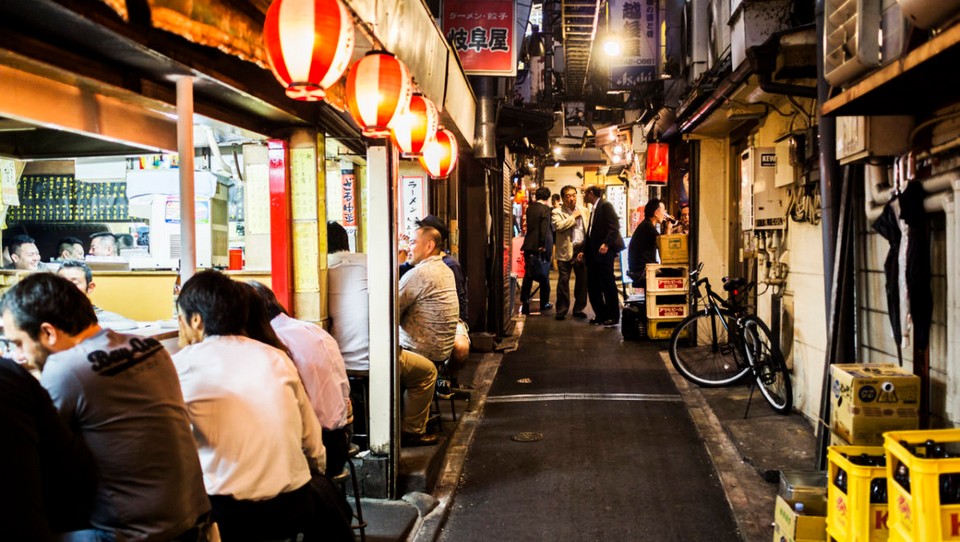
Are you looking for more Tokyo travel guide and top things to do in Tokyo: Tours, activities, attractions and other things? Read more: Tokyo itinerary 3 days — What to do in Tokyo in 3 days?

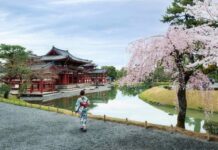
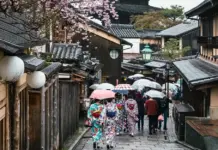


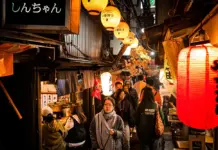
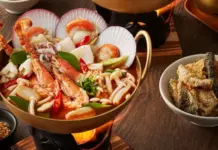






















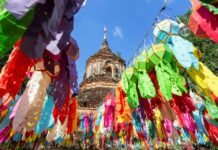

![10 best airports in Asia in 2016 [RANKED] kuala-lumpur-international-airport-best airports in asia in 2016 by skytrax ratings](https://livingnomads.com/wp-content/uploads/2016/08/29/kuala-lumpur-international-airport-best-airports-in-asia-in-2016-by-skytrax-ratings-218x150.jpg)








